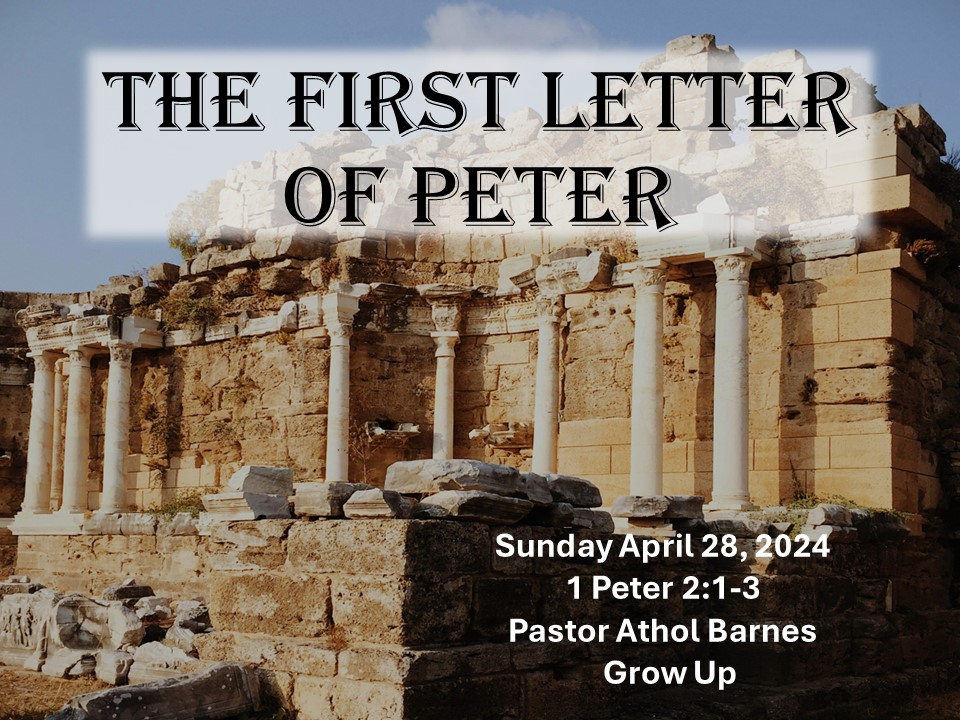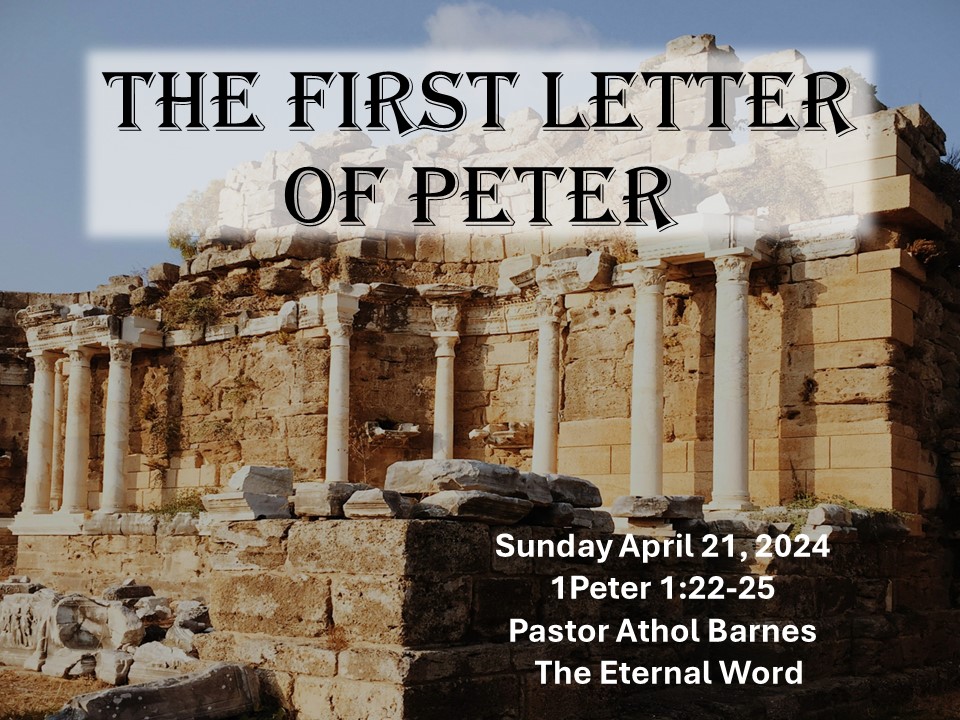
Living to Retire
The modern concept of retirement is relatively new for mankind, and it is not healthy for us. Research has shown that if we stop working and do nothing with our time, we will die sooner than if we are active in society. There is the misconception that retirement is when we stop working, but I would like to propose that for the Christian, retirement is simply when we can stop getting paid for our work.
We were created to work. Work is actively challenging ourselves. It is serving others, utilizing time and talents for productivity. Over our lives, we develop skills and talents that can be used to give us a fulfilling life and help others at the same time.
What if we saw retirement as the ability to work without needing a paycheck, committing the final years of our life to the Lord?
Living to Influence
A study published in the New England Journal of Medicine found that at age 60, you reach the top of your potential, and this continues to your 80s.
For the Christian, this peak potential is maximized in your retirement years if you have diligently led, discipled, and influenced others. People will actually listen when you speak when they see that you have led your family well and raised up other leaders. This is what it means to leave a legacy. As Christians, we are called to discipleship, and discipleship leads to legacy.
You may be young and not thinking about your legacy, but life is short and the decisions you make today regarding the use of your time will either lead to regret or to an honorable legacy (see Ephesians 5:15-16).
When it comes to leaving a legacy, here is one thing that I can guarantee: one day, you will regret the time that you spent on social media and other mindless activities. Those are wasted hours that you will never get back.
Living to Finish Well
The Lord instructed Moses to climb Mount Nebo on the western side of modern-day Jordan overlooking the ancient city of Jericho. From this 2600 foot view, the Lord showed Moses the entire Promised Land (see Deuteronomy 34:4).
Moses was strong, even at 120 years old. Verse 7 says that his vigor was unabated. He climbed the mountain by himself, and that is where he died.
God buried Moses in an unknown location. God knew that the people would set up an idol and worship Moses. So, the Lord in His perfect wisdom made sure that the body of Moses was never found.
Moses lived his life, to the very last second, as a servant of the Lord, and his reward is great.
Have you ever met someone who served the Lord till the day they died?
I have been privileged to have known and officiated at funerals of several great men and women who lived their lives wholeheartedly for the Lord. Every life is a gift from God, a gift given so that we can be a blessing to those around us, bringing glory to God.
Unfortunately, too many people think that the gift of life is an end in itself, focusing on selfish pleasures and ambition. The secret to a blessed life is not in seeking our own pleasure but in running the race well, to the end. The more lives we influence for Christ along the way, the more enjoyable our life becomes.
Living to Replicate
Moses didn’t simply die and leave the nation to fend for themselves; he had diligently raised up a leader to take his place (see Deuteronomy 34:9).
Moses had recognized Joshua as a man with a passion for the Lord and His glory. In Numbers 27, we read that in the sight of the whole company, Moses anointed Joshua and blessed him.
Joshua had been close to Moses. He had seen his trials, victories and failures. As he watched, Moses was preparing him to lead the nation into the Promised Land.
The most effective leadership development program is simply letting people walk with you. Doing life together, letting other people see your struggles, victories, and even failures. Setting an example in prayer and faithfulness to the Word of God. This is something that is sorely needed today.
Joshua was well prepared to lead the nation because the Spirit of God was on him, but also because he had been an understudy of Moses every day for forty years.
To set an example for the next generation, we need to be living a life worthy of being followed. This is not a perfect life, but one that demonstrates what it looks like to be a follower of Jesus.
Living for a better Moses
We may be tempted to put Moses on a pedestal and glorify him (see Deuteronomy 34:10). Moses was a great leader, but he wasn’t the greatest (see Hebrews 3:1-6).
Moses received the law of God on Mt. Sinai explaining God’s holy requirements. But the law could never be perfectly adhered to by any man. The law didn’t lead to rest. But Jesus came to fulfill the law, and He did (see Matthew 5:17).
God let Moses see the Promised Land, but he could never enter it. This is all that the Law can do; it lets us see God’s holy standard, but it cannot make us holy.
Only by placing our faith and trust in Jesus will we be covered by his righteousness and immediately placed in right standing with God. Because of what Jesus has done on the cross, we can enter the eternal Promised Land, not because we perfectly fulfill the law, but because Jesus did. Apart from Jesus, we can view the Promised Land, but we will never enter it.
Living to Leave a Legacy
Christian leadership is influencing people towards a relationship and a lifestyle of following Jesus. What if, instead of living for retirement, you lived to leave a legacy that points people to Jesus?
How are you running your race? What will your legacy be?










